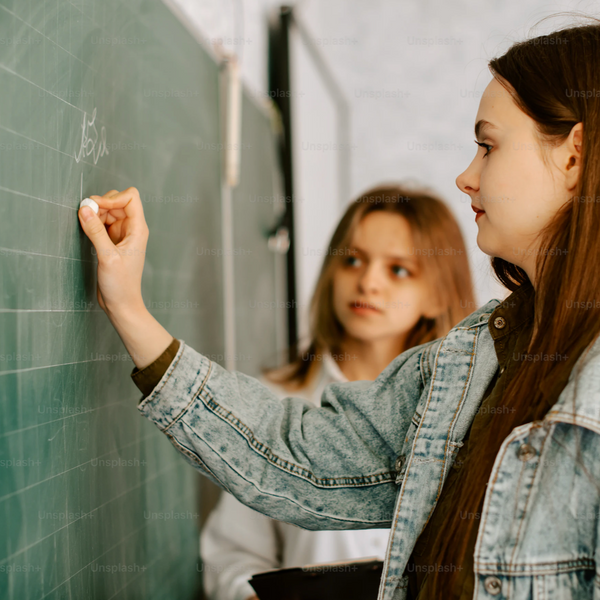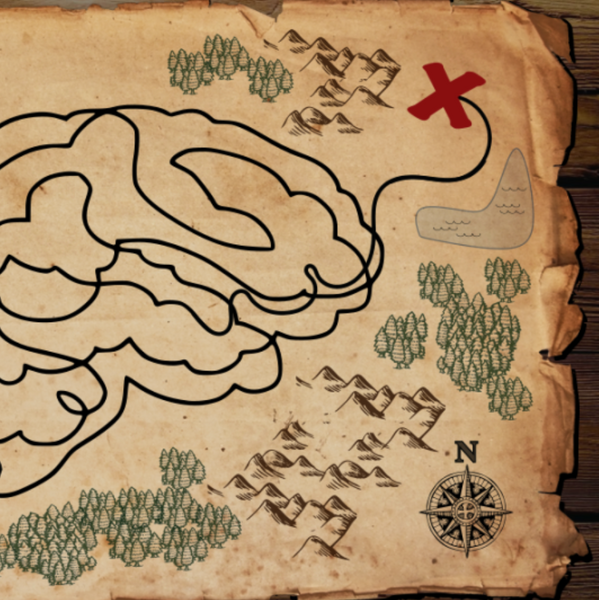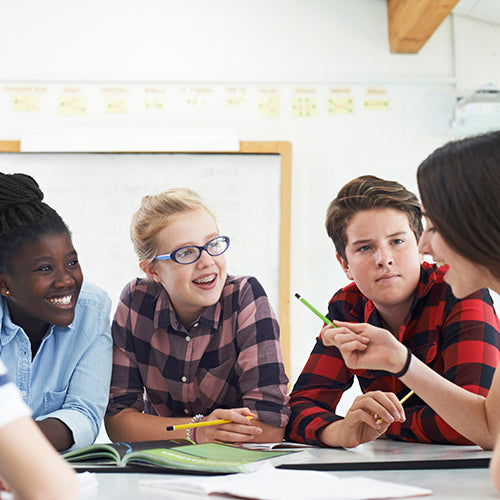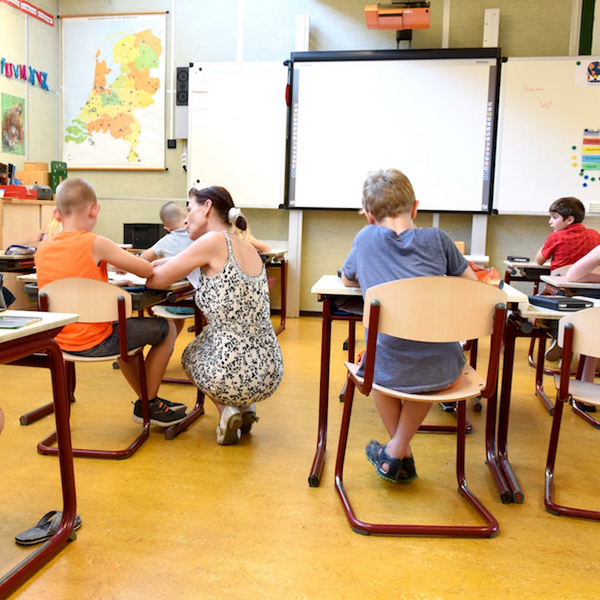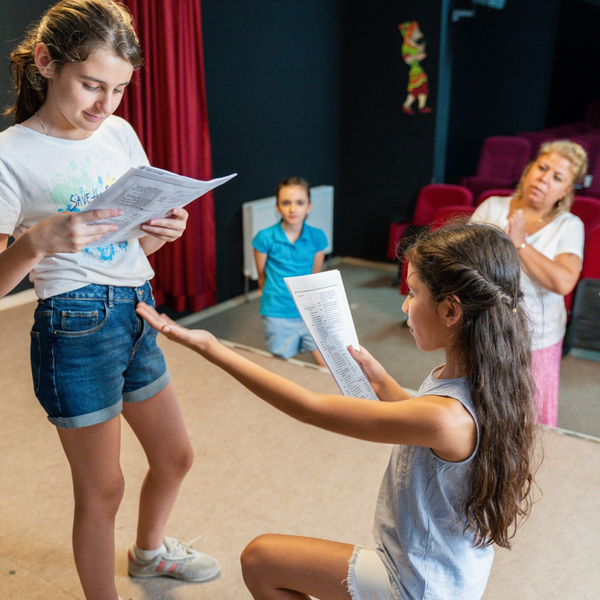Research -- StepUp to Learn
Don't Love to Read? Try Reminiscing with Your Kids
To boost the quality of a preschooler’s language experience and skills, a new study provides an alternative to shared reading.
Teachers’ Growth Mindset Appears More Important Than Warmth
Students tend to like friendly teachers, but they like those who believe they can improve even more, new research indicates.
When Kids' Positive Attitude Towards Math Fades (And What To Do About It)
Children’s interest in, and competence perceptions of, mathematics are generally quite positive as they begin school, but turn less positive during the first three years. What can parents and educators do?
How To Get Students To Think (and Transform Your Classroom)
After a series of failed attempts at improving students’ problem solving in the classroom, one former teacher came up with the idea of building a ‘thinking classroom’ and a research project designed to find ways to help teachers build it.
What an Animated Taco Reveals About Curiosity and Patience
New research shows how curiosity can prioritize the journey over the outcome.
High Engagement, High Return: The Secret to Student Success
What researchers found when they observed real classroom tasks and coded them for student engagement.
Research Casts Doubt on This Longtime Academic Practice
This longtime academic practice has no impact—positive or negative—on reading development for elementary school students.
How Dopamine Hacks Decision Making
New insight into how dopamine controls learning and decision-making processes.
Whether a Task Feels ‘Easy’ or ‘Hard’ May Be Due to Dopamine
Why do physical efforts feel “easy” to some and exhausting to others? It may come down to the brain chemical dopamine (and why that matters).
Want to Increase Resiliency in Kids? Teach Creativity
Kids imagine themselves as different characters it builds creativity which can make them more resilient.
Mind-Body Connection is Built into Brain
The mind-body connection is designed to help us learn and remember, and to use what we know as tools for new learning and problem-solving.
No Magic Number for Time It Takes to Form Habits
"You may have heard that it takes about 21 days to form a habit, but that estimate was not based on any science."




